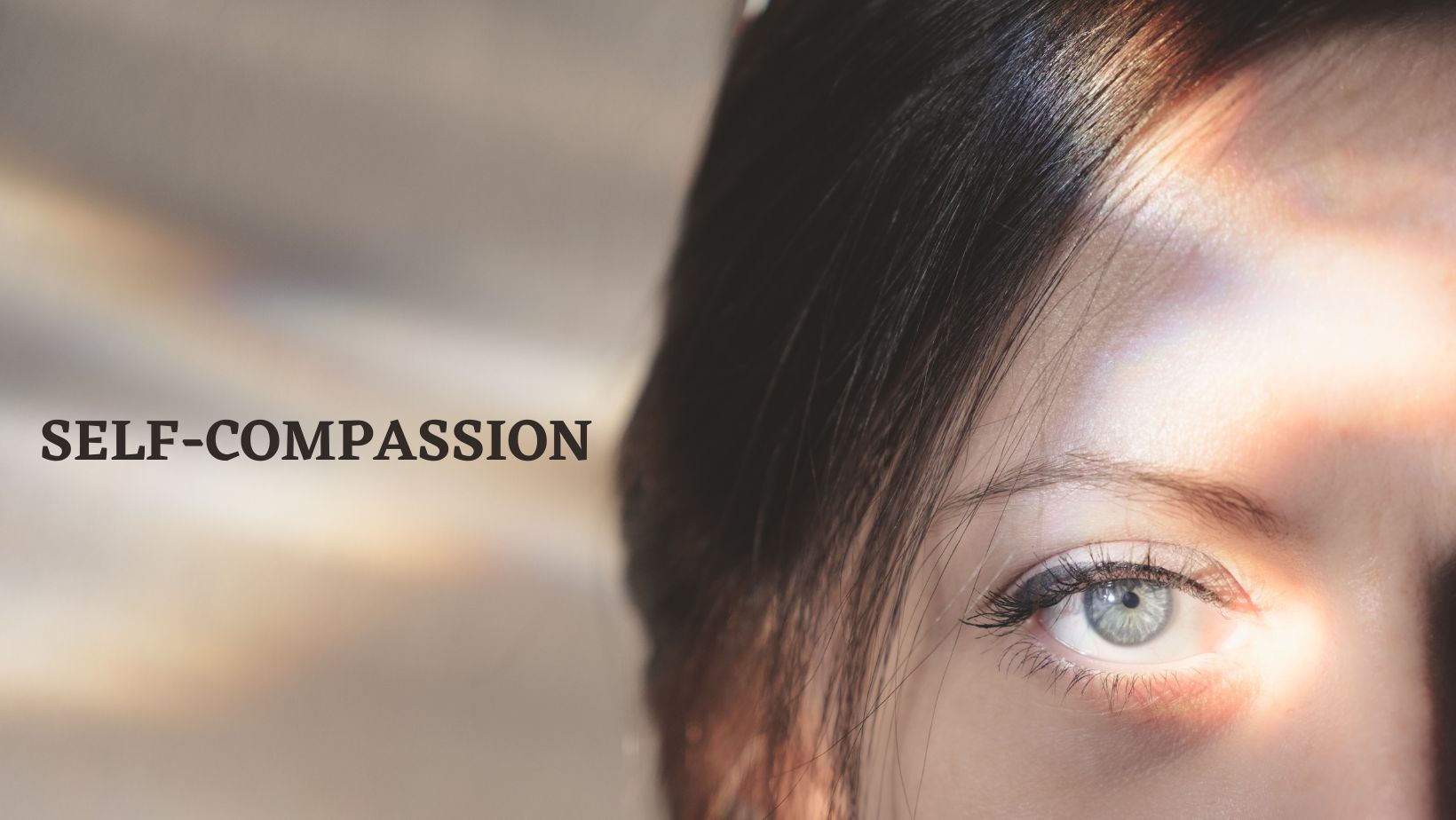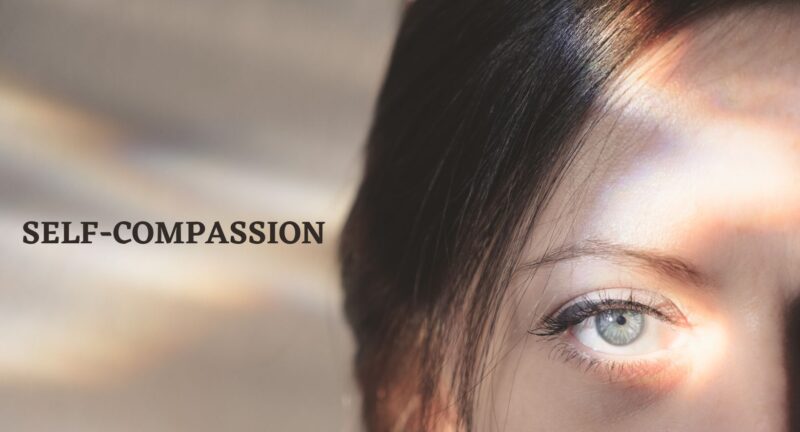
It is very common that almost everybody has at least one aspect of their personality that they wish they did not have. Some of us don’t like getting angry easily or overreacting to simple things. Some may not like themselves for being too shy or too bold to jump into every conversation. If these are important to us, we feel bad and become critical whenever they happen. We even get so harsh on ourselves that it leads us to develop mental problems. The antidote is practicing self-compassion.
Some of us don’t like getting angry easily or overreacting to simple things. Some may not like themselves for being too shy or too bold to jump into every conversation.
Compassion itself is feeling sympathy and understanding toward people who are suffering or dealing with hardships. We feel the urge to help them. Compassion encompasses not only feelings but also thoughts and behaviours, such as thinking of the need for help, soothing, nurturing, protecting, or teaching. We accept the situation, and we provide help without judging them. When we see somebody, for instance, who is old, disabled, or sick, we feel compassion because we accept and understand their struggle and their inability to deal with problems. When we have all of these feelings toward ourselves, we can offer self-compassion. However, most of us have difficulty feeling compassion for ourselves, even though we are very generous in providing it for others. There are many factors contributing to this difficulty, including parenting style, personality, and community oppression. For example, in a culture in which women are expected to prefer others over themselves, they may not even think of treating themselves with love and compassion. Likewise, a person who grew up in a family in which he/she was criticized a lot would be very critical toward himself/herself as well. The good news is that we can still develop an understanding of self-compassion at any phase of our lives. The starting point is simple:
- The commonality of being human
All we need to do is adopt skills to feel compassion towards ourselves, just as we provide compassion for others because we feel empathy and want to help them. This is because we are human beings and we need help, too. Thus, we understand and accept that we are human beings, just like others, with all their limitations and shortcomings. The next step is
- Being kind and forgiving to ourselves
Next, we need to practice the ability to be kind and forgiving to ourselves. Once we are able to treat ourselves kindly and forgive ourselves easily, we will be less critical of ourselves. We just need to say those loving, kind, soothing words to ourselves that we tell others when we want to be compassionate toward them. “That’s OK,”, “I am precious,” “Everybody can make mistakes”… The final step is;
- Practicing self-awareness
The ability to be consciously aware of our critical thoughts and disturbing feelings helps us distinguish the fine line between being harsh on ourselves unjustly and finding an excuse for our mistakes. What is worse is that, the more we pay attention to negative evaluations of ourselves, the more we believe in them and avoid taking action for a positive change. We need to make a reasonable self-assessment of our behaviours and work on the areas we need to improve while accepting and acknowledging our weaknesses and human nature.
In a nutshell, self-compassion is neither self-pitying nor finding excuses to avoid responsibilities. When we are too hard on ourselves and too critical of ourselves when we have problems or fall short, we are not being kind and compassionate to ourselves.
Related Posts
SELF-COMPASSION
It is very common that almost everybody has at least one aspect of their...
ASPECTS OF FUNCTIONAL DECISION MAKING
Do you have problems with making decisions by spending too much time, even on...


